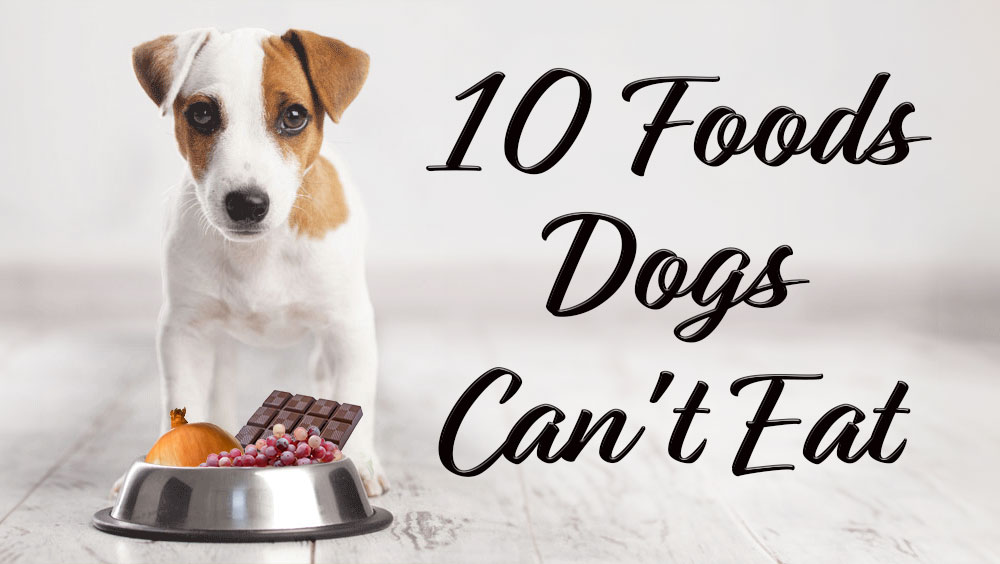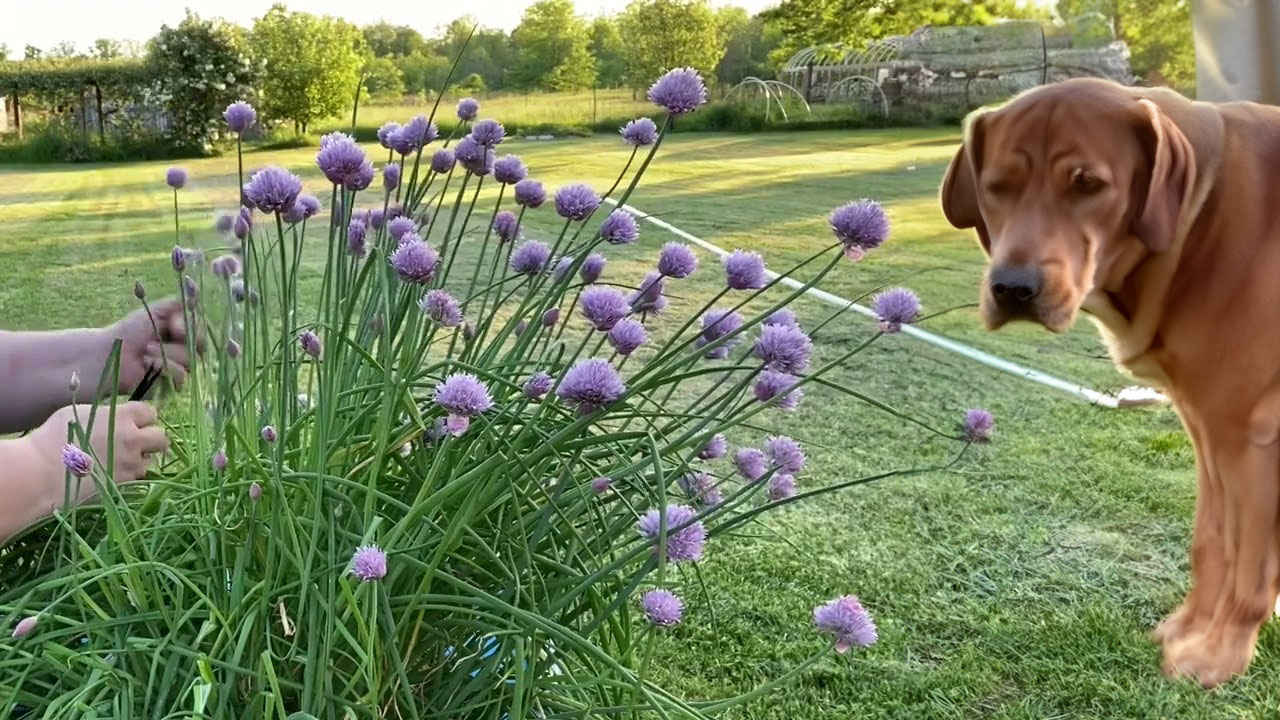As dedicated pet parents, we all adore spoiling our furry friends with treats and sharing our table's goodies. But wait! Before you sneak Fido that table scrap or indulge in a shared snack moment, it's essential to know what's safe and what's a no-no. From the seemingly harmless sip of coffee to the tempting allure of chocolate, some everyday foods can be a real danger to your beloved pup. Dive into our guide on '10 Foods Dogs Can't Eat' and ensure your canine companion stays happy, healthy, and wagging their tail for years to come!
Onions
Fact:Onions, regardless of form, contain N-propyl disulfide, a compound that can break down a dog's red blood cells and lead to anemia.

Onions, whether they're raw, cooked, or in powdered form, contain organosulfur compounds that are toxic to dogs. When a dog ingests these compounds, it can lead to oxidative damage to the red blood cells, disrupting their ability to carry oxygen. This in turn can lead to a life-threatening condition known as hemolytic anemia, which can cause pale gums, rapid breathing, lethargy, and an accelerated heart rate. Even in small amounts, onions can cause symptoms like vomiting, diarrhea, abdominal pain, and loss of appetite.




